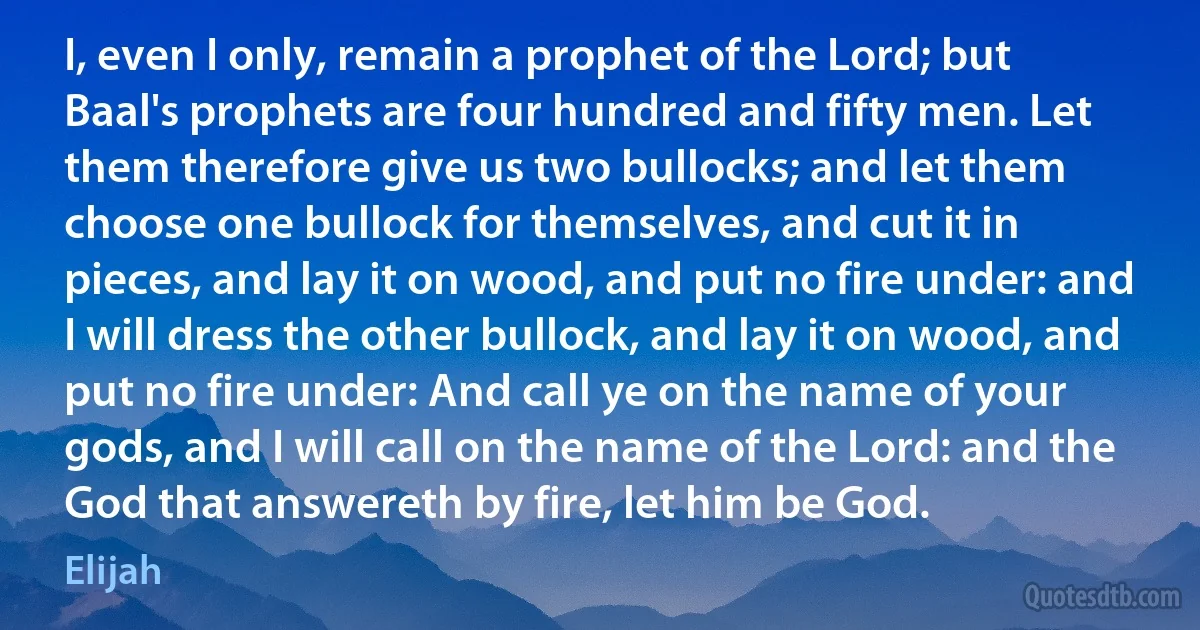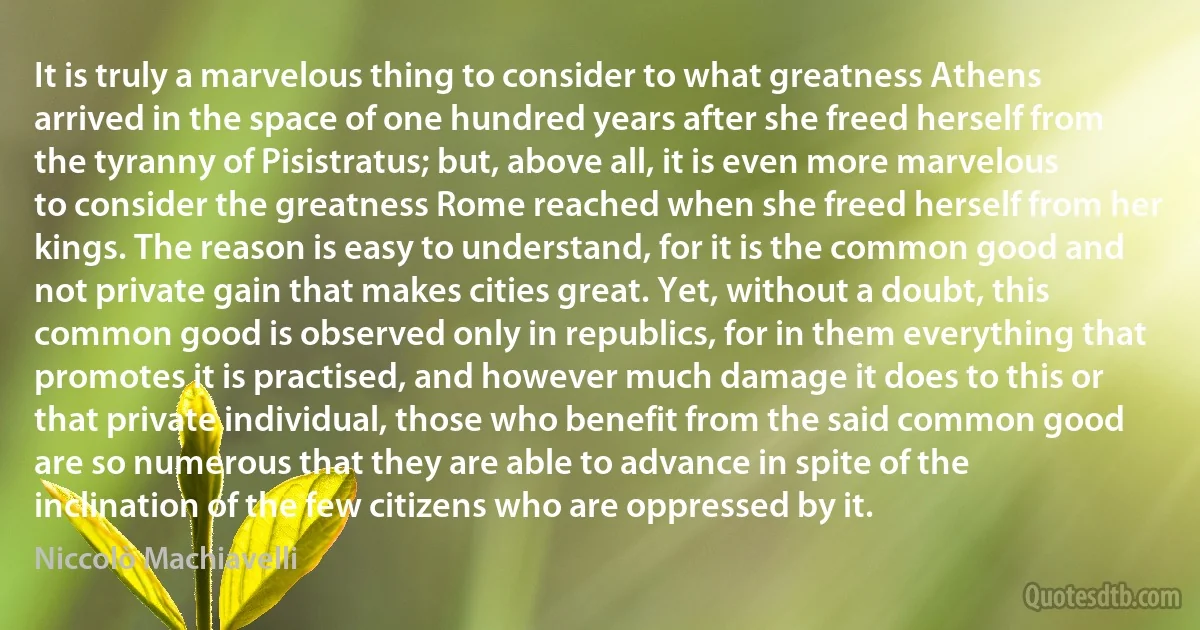Hundred Quotes - page 74
All of us sin constantly. We slip and fall. In reality, we fall into a trap set by the demons. The Holy Fathers and the Saints always tell us, 'It is important to get up immediately after a fall and to keep on walking toward God'. Even if we fall a hundred times a day, it does not matter; we must get up and go on walking toward God without looking back. What has happened has happened - it is in the past. Just keep on going, all the while asking for help from God.

Tadej of Vitovnica
The existential way of understanding human beings has some illustrious progenitors in Western history, such as Socrates in his dialogues, Augustine in his depth-psychological analyses of the self, Pascal in his struggle to find a place for the "heart's reasons which the reason knows not of.” But it arose specifically just over a hundred years ago in Kierkegaard's violent protest against the reigning rationalism of his day Hegel's "totalitarianism of reason,” to use Maritain's phrase. Kierkegaard proclaimed that Hegel's identification of abstract truth with reality was an illusion and amounted to trickery. "Truth exists,” wrote Kierkegaard, "only as the individual himself produces it in action.”.

Rollo May
Is it practicable, on the soil and in the climate of Massachusetts, to pursue a succession of crops? I cannot question it; and I have entire confidence in the improvements to our husbandry, and the other great advantages, which would accrue from judicious rotation of products. The capacities of the soil of Massachusetts are undoubted. One hundred bushels of corn to an acre have been repeatedly produced, and other crops in like abundance. But this will not effect the proper ends of a judicious and profitable agriculture, unless we can so manage our husbandry that, by a judicious and proper succession of the crops, land will not only be restored after an exhausting crop, but gradually enriched by cultivation.

Daniel Webster
If one hundred people perceive the same event, you hear one hundred different stories, and everybody claims that his or her story is the true story. Of course, it's only true for that person, and your story is only true for you.
What we share with one another is just our perception; it is just our point of view. And it's completely normal because the only thing we have is our point of view.
You know, the way we create our stories is very interesting. We have a tendency to distort everything we perceive to make it agree with what we already believe; we "fix it" to make it agree with our lies. It is amazing how we do this.
With awareness, we recover the control of our story. That is the good news. If we don't like our story, we are the authors; we can change it.

Miguel Ángel Ruiz
Well, if I were thus rationed in this article and could have but one adjective for George Gershwin, that adjective would be "ingenuous." Ingenuous at and about his piano. Once an occasional composer named Oscar Levant stood beside that piano while those sure, sinewy, catlike Gershwin fingers beat their brilliant drum-fire-the tumultuous cascade of the "Rhapsody In Blue," the amorous languor of "The Man I Love," the impish glee of "Fascinating Rhythm," the fine, jaunty, dust-spurning scorn of "Strike Up the Band." If the performer was familiar with the work of any other composer, he gave no evidence of it. Levant (who, by the way, makes a fleeting appearance in the new Dashlell Hammett book, under the guise of Levi Oscant) could be heard mutterIng under his breath, "An evening with Gershwin Is a Gershwln evening." "I wonder," said our young composer dreamily, "if my music will be played a hundred years from now." "It certainly will be," said the bitter Levant,"if you are still around."

George Gershwin
So I approach the date on which my story of the Fifty Years Revolution begins. The old world ended, with its strange mixture of beauty and ugliness, happiness and sorrow, good and evil-so much to be proud of; so much, looking back, of which perhaps to be ashamed. Yet the most rabid radical or the most caustic critic of the Britain that had fought and won a twenty-year battle for freedom a century before, that for a hundred years had helped to keep the peace of the world, and spread civilisation to its distant corners, cannot but feel that if, in this sequence of rapid change, much has been gained, something, too, has been lost.

Harold Macmillan
If you make videos that you enjoy making, then you can't lose. It doesn't matter if you don't get a lot of subscribers. I was equally happy when I had a couple of hundred subscribers. I thought that was equally fun to have some people watching them. If you make videos that you enjoy making, other people will enjoy watching them. I really, really, strongly believe in that. So if you're not enjoying making videos, then don't make videos.

PewDiePie
Califano and I both went to the Holy Trinity Church here when our children were small, and part of the service was that, after 9:00 or 10:00 mass, the children would go down for Sunday school, and they would have a discussion there for the grownups. They'd have one of the Jesuits who would come over and lead the discussion, and they were always enormously interesting, very interesting, very gifted, talented lecturers. There were always a couple hundred people who were there with their children, and then, at whatever time, an hour later, you would break up and hook up with your children and drive them home.

Ted Kennedy
Madam President, in that year 1932, a writer for the Saturday Evening Post asked John Maynard Keynes, the great British economist, whether there had ever been anything like the Depression before. "Yes," he replied. "It was called the Dark Ages and it lasted four hundred years." This was calamity howling on a cosmic scale, but on at least one point the resemblance seemed valid. In each case the people were victims of forces that they could not understand. Mr. President, in that same year of 1932, there was born a child in Massachusetts, and his name was Edward Kennedy. In 1932, of course, I knew nothing about Edward Kennedy or Edward Kennedy's birth. But today I rise on this Senate floor to salute one of the outstanding Senators in the history of this great body. He is a man whose expertise, hard work, and courage have set a lofty example to which every fledgling Senator should aspire.

Ted Kennedy
Ilyas Shah of Bengal (1339-1379 AD) invaded Nepal and destroyed the temple of Svayambhunath at Kathmandu. He also invaded Orissa, demolished many temples, and plundered many places. The Bahmani sultans of Gulbarga and Bidar considered it meritorious to kill a hundred thousand Hindu men, women, and children every year. They demolished and desecrated temples all over South India.

Sita Ram Goel
It is intriguing that the Marxist professors never mention the destruction of Buddhist and Jain establishments in Transoxiana, Sinkiang, Seistan and India which on the eve of the Islamic invasion included present-day Afghanistan, Pakistan and Bangladesh. Every historian and archaeologist of that period knows that the vast Buddhist and Jain establishments at Bukhara, Samarkand, Khotan, Balkh, Bamian, Begram, Jalalabad, Peshawar, Takshasila, Mirpur-Khas, Nagar-Parkar, Sringar, Sialkot, Agroha, Mathura, Hastinapur, Kanauj, Sravasti, Ayodhya, Sarnath, Nalanda, Vikramsila, Vaishali, Rajgir, Odantpuri, Bharhut, Paharpur, Jagaddala, Jajnagar, Nagarjunikonda, Amaravati, Kanchi, Dwarasamudra, Bharuch Valabhi, Palitana, Girnar, Patan, Jalor, Chandrawati, Bhinmal, Didwana, Nagaur, Osian, Bairat, Gwalior and Mandu were destroyed by the swordsmen of Islam. Smaller establishments of these faiths, which met the same fate, add up to several hundred.

Sita Ram Goel
All these flat earth guys!... Here's the Hovind theory on the flat earth... I suspect, I do not know this, I just have a sneaking suspicion that some atheists someplace have got in a club together to say "Hey, let's start pushing this idea that the earth is flat, and let's see if the Christians fall for it." They've done that several times before over the last hundred years, spread some stupid idea and sometimes a lot of Christians do fall for it... And then they'll use that to sit around and laugh and say "Wow, look at how stupid these Bible-believers are!" I think this whole flat earth thing is another one of those.

Kent Hovind
But where repose the all Etruscan three-
Dante, and Petrarch, and, scarce less than they,
The Bard of Prose, creative Spirit! he
Of the Hundred Tales of Love?
And have their Country's Marbles nought to say?
Could not her quarries furnish forth one bust?
Did they not to her breast their filial earth entrust?
Ungrateful Florence! Dante sleeps afar,
Like Scipio, buried by the upbraiding shore,
and the crown
Which Petrarch's laureate brow supremely wore,
Upon a far and foreign soil had grown,
His Life, his Fame, his Grave, though rifled-not thine own.

Petrarch
A hundred years ago one has the impression that people had made a clear distinction between the outer world of work and of agriculture, commerce and social relationships - which was real - and the inner world of their own minds, day-dreams and hopes. Fiction on the one hand; reality on the other. This reality which surrounded individuals, the writer's role of inventing a fiction that encapsulated various experiences going on in the real world and dramatising them in fictional form, worked. Now the whole situation has been reversed. The exterior landscapes of the seventies are almost entirely fictional ones created by advertising, mass merchandising... politics conducted as advertising. It is very difficult for the writer.
Given that external reality is a fiction, the writer's role is almost superfluous. He does not need to invent the fiction because it is already there.

J. G. Ballard
But I also know that Jesse would not allow the transformation and righting of society to end with him. Jesse and I were only given opportunities to serve the country because of all of you. We cannot have just one face for transformation and change. We should not have to wait another hundred years before the next good citizen is born, before the next good Filipino rises to the occasion.

Benigno Aquino III
There are over seventeen thousand golf courses in America. They average over one hundred and fifty acres a piece – that's three million plus acres, four thousand, eight hundred and twenty square miles – you could build two Rhode Islands and a Delaware for the homeless on the land currently being wasted on this meaningless, mindless, arrogant, elitist, racist-there's another thing; the only blacks you'll find at country clubs are carrying trays-and a boring game. A boring game for boring people. You ever watch golf on television? It's like watching flies fuck! And a mindless game, too.

George Carlin
In the emotion of the moment, people often say and do reckless things. For the individual, that can have deep ramifications. But when it is a single individual acting unreasonably in the throes of emotion in the face of sorrow, then the consequences are borne by only that person and his family. But when the government behaves recklessly in response to a tragedy, the consequences can be felt by everyone. This is especially true when politicians get in on the act. We can think back no further than July of 1996, when a plane carrying several hundred people suddenly and mysteriously crashed off the coast of Long Island. Within days, Congress had passed emergency legislation calling for costly new security measures, including a controversial "screening” method which calls for airlines to arbitrarily detain passengers just because the person meets certain criteria which border on racist and xenophobic.

Ron Paul



